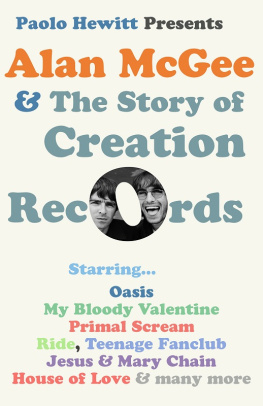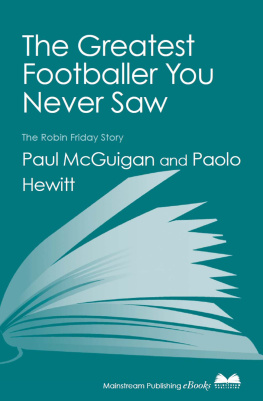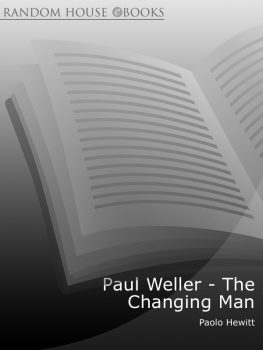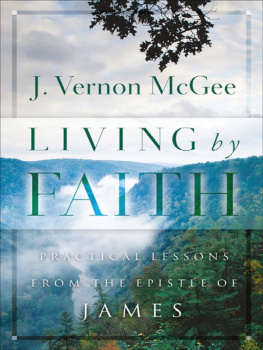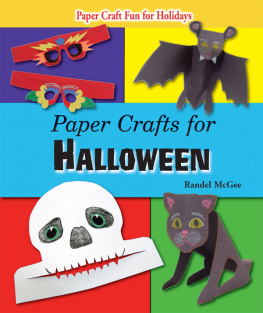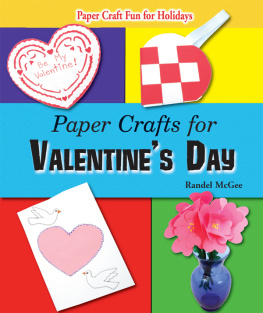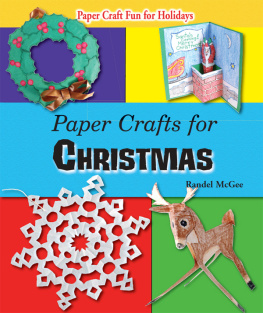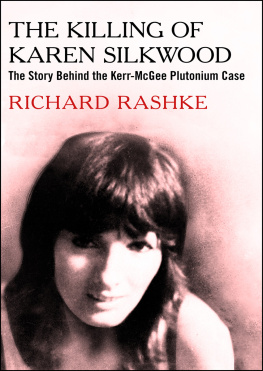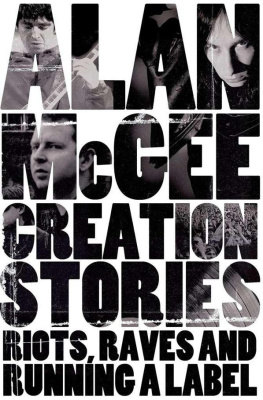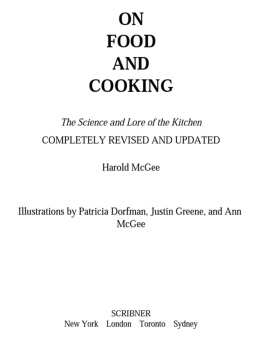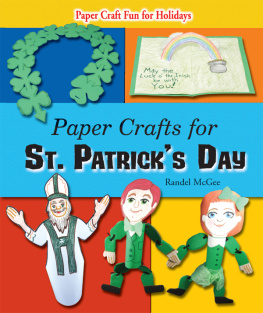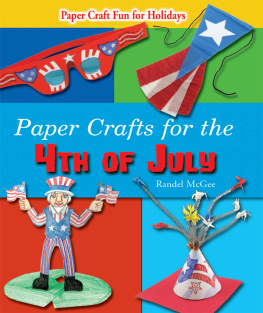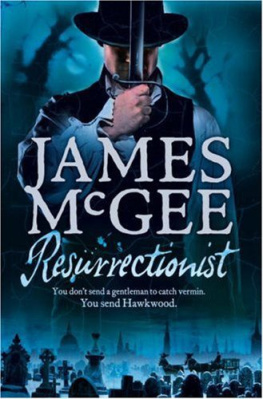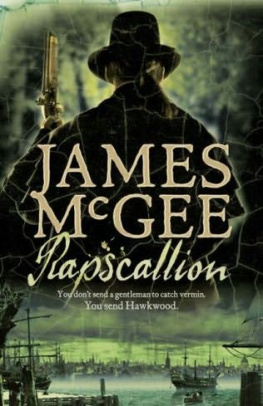INTRODUCTION
ED BALL: What years were you at NME?
PAOLO HEWITT: I was there from 1983 to 1990.
EB: At the beginning of that period could you describe some of the people who were massive fans of Creation?
PH: Danny Kelly was one, The Legend, who of course made a really bad record for Creation and then later on, James Brown.
EB: And where did you first meet Alan?
PH: The first time I met Alan was in 1988. Well, to understand all this you really have to skip back two years to when NME issued that C86 tape, proclaiming that all these Indie bands were the future of music. I thought they were mad. For me, that music meant absolutely nothing. It was so sub-standard. At that time I was just checking loads of hip-hop and contemporary soul and getting really excited about it and along with a few other writers trying to point out that this was the music that NME should be championing. Anyway, one day I said to Danny Kelly, look give me this C86 tape. I did so because I figured they were so excited about this tape that there had to be something going on. I didnt even get to the fifth track. You know, I grew up on The Beatles and great pop and soul and I know good music and this was just poor. I put Creation into the Indie label slot and left well alone. Then Acid House happened. I was one of the first writers to cover it and soon enough, Acid House was the future and rock is dead for good. I used to go to a club in Dingwalls called High on Hope, which happened on a Thursday night. This is when I first met Alan. Alan came up to me and said, Youre Paolo Hewitt and youre right about Acid House. And he walked off. I was taken by that. This was NMEs fave geezer, the King of Indie rock, telling me that what I was saying was totally correct. I respected him for that.
EB: Did you never think, given your 60s thing, that someone who had a label called Creation might be into the same thing as you?
PH: I was judging it on the people who liked it. Ive never been a great fan of that band and also the label never came up in discussion within my circle. It just never came up.
And as far as I was concerned Creation was on the other side, so I didnt take note of Creation because of the vibe I was getting from certain people.
EB: When did you meet Alan the next time?
PH: When I was writing my first Oasis book. I interviewed him at his flat in Baker Street. I thought he was candid, had a good slant on things and his interview was really valuable for my book. I liked him. He was open. He wasnt playing any games. He told me this funny story about when he was in the clinic and sometimes the people there would set off the alarm clock just to get out onto Baker Street and make a run for the nearest drug dealer. Anyway, hes standing outside feeling quite fragile when a girl comes up and says Oh theres my handbag, picks up a crisp bag that is in the gutter and walks away. I think his words were, If she thought a crisp packet was her handbag, thats when I knew I didnt have too much to worry about.
EB: And did your relationship develop from there?
PH: Not really. I saw him at a few Oasis gigs and we spoke but it was kind of chit-chat stuff. Then I saw him on that Omnibus documentary he did and I thought, Why are you in music and not football? All he spoke about was Rangers and Chelsea.
EB: Did you ever think at this time at this time that you would be writing a book about Alan and his label?
PH: No way. The reason it came about was this. I was right about rock in the 80s. It was rubbish. In the 90s things started to happen. Music really started to merge together. One example. Look at the Social club and what that achieved. It said listen to Barry White, listen to The Standells and aint it a trip? That whole period was an inspiring time, a real loosening up of the barriers. Shaking off the 80s was the best thing you could do in the 90s. I miss those times now. Anyway, I was writing my book The Soul Stylists, when the phone rang. It was a girl at a book company who wanted to see me for a drink. She had an idea for a book which was a history of Creation. My first reaction to this was, there are three groups I dig Oasis, Primal Scream and Teenage Fanclub and what unites them? Creation Records.
But then we found out that there was another book being written so we backed off from there. I went back to working on The Soul Stylists. January 2000 comes. Oasis are playing Later With Jools Holland. I go down there, bump into McGee and start talking. I tell him I was offered a book on him. He says do it. But theres another book being done I say. Now I dont know if McGee is a publicity junkie who loves the idea of having two books on him or if he genuinely felt that this other book was going to be so detailed it would miss the point. He was insistent that I write something. So I went over to interview him one afternoon in March. We spoke for about three hours and I thought I have got to do something with this stuff because it is really, really revealing, its interesting and it feels honest. And I should say here that what I was attempting to do within this book was capture the spirit of Creation Records. That company put out an astounding amount of music and I had no interest in dissecting every piece of it. No interest at all. After that first McGee interview I just knew that this was a great story and that the best thing was to highlight the great albums and the artists whilst painting the overall picture. Thats why I interviewed the people within the company and not the bands.
EB: Were you surprised at how disarming Alan was?
PH: I was, and I started thinking that most of the people who have been in rehab that I have come into contact with, they come out and they cant stop talking. When theyre taking drugs they dont say a word.
Ive also noticed that when people who are doing drugs suddenly fall ill they never ever tell the doctors what theyve been up to. Check Alans interviews in this book. Every time he gets ill on a plane or in a hotel he wont tell the medical people hes taken something. Its like hes guilty about it because he knows himself that hes fucking up. If you get up and do a line first thing in the morning youre not going to tell anyone because the majority are bound to say, First thing in the morning? Thats a bit strong. And youre going to feel bad, not good. Unless of course youre with other drug fiends which is what McGee was doing. Maybe when you go into rehab, they teach you how to lose guilt so when you get out you can tell the world everything because it is no longer an issue and their criticisms cant hurt you. What do you think?
EB: I think youre absolutely right about the guilt thing. Im not so sure its the therapy because I think Alan has always been open. He would be open about his private life, his home life. Im naturally a more guarded person and I would be shocked, as a lot of people are, by the things he would say.
PH: Yeah, the way he talks about his relationship with Bobby and all the other people in the book. And I love the way he remembers things to do with drugs. Like when hes on three Es at The Hacienda and he goes up to Shaun Ryder who gives him half a pill which actually knocks him to the furthermost parts of the cosmos but at the time hes thinking, half a pill? You tight bastard! Details like that made me laugh. Talking to him and then discovering loads of things in common. His passion for The Jam and Dexys, his view that Paul Weller and Kevin Rowland were probably the only two musicians in the early to mid 80s worth bothering with.
EB: That reminds me of something you said. You said Alan seems to create friendships very easily but the first hint of disloyalty or trouble, bang, he is off.
PH: I think its because he is so passionate about something that the first hint of trouble, hes off. Also, going on the evidence, hes been right to back off in a lot of cases.

